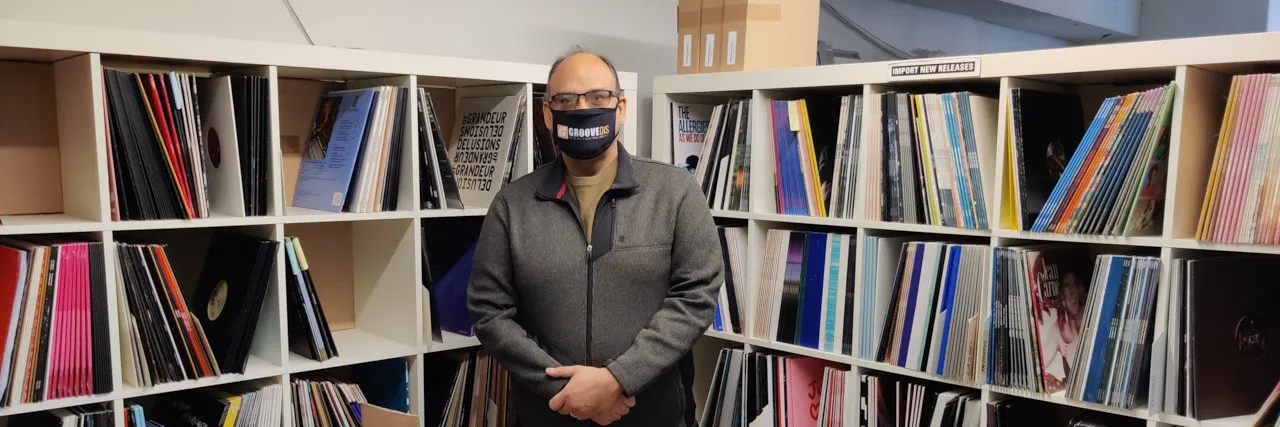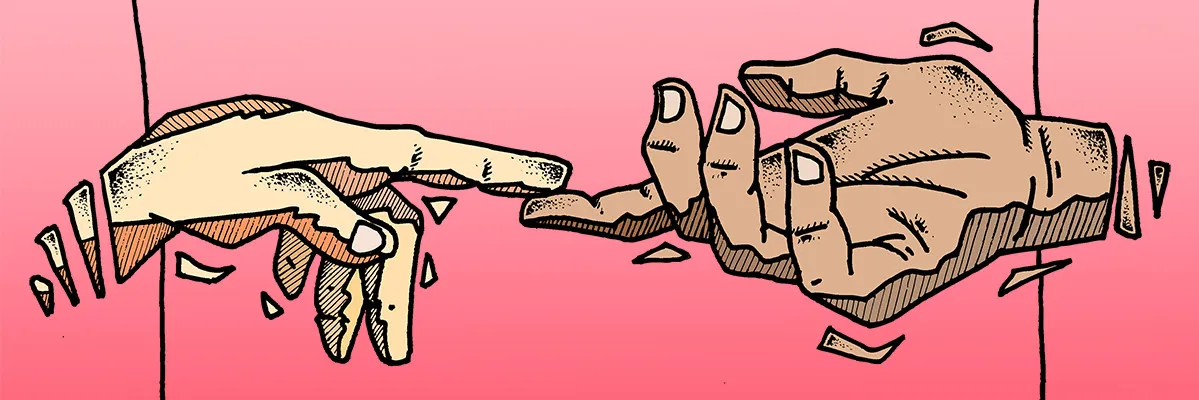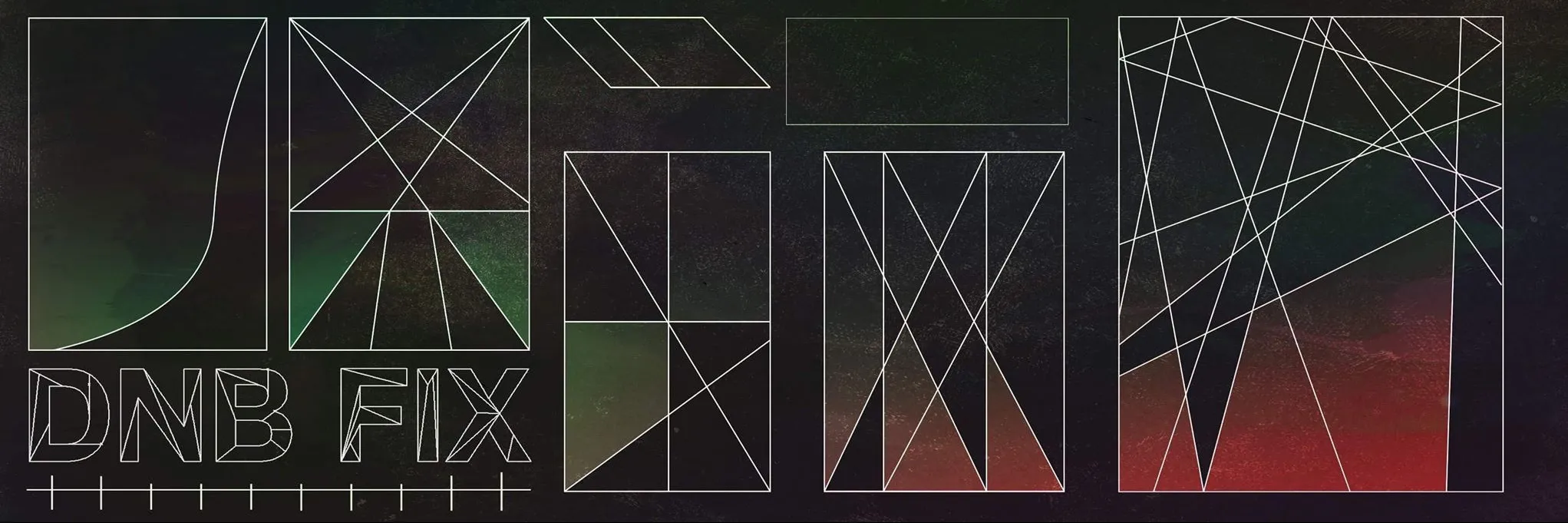 2020 has been a hell of year for everyone, but few countries have found themselves trapped in the kind of pressure cooker that the US has. From claiming the tragic title of worlds biggest coronavirus victim, through the widespread Black Lives Matter protests and civil unrest in major cities, onto a Presidential Election many see as the ultimate test of national character, the tension is palpable even from thousands of miles across the Atlantic.
2020 has been a hell of year for everyone, but few countries have found themselves trapped in the kind of pressure cooker that the US has. From claiming the tragic title of worlds biggest coronavirus victim, through the widespread Black Lives Matter protests and civil unrest in major cities, onto a Presidential Election many see as the ultimate test of national character, the tension is palpable even from thousands of miles across the Atlantic.
“I dont really recall much connection between music and politics for the last several years. Which is surprising. I thought you would at least have some protest songs given how bad things have been, but I guess the last real wave of that was during Reagans presidency,” replies Dirk van den Heuvel, President and General Manager of Chicagos Groove Records, when we ask if the Democrat-favouring citys club scene mobilised in the run up to Election Day.
As the only remaining dance music distributor in the States, van den Heuvel is ideally positioned to offer a national perspective on Americas vinyl industry in 2020, but it hasnt taken long for our conversation to arrive at more urgent issues.
“I wonder if maybe back then the only way for some of these artists to express opinions was musically. Whereas now with social media, maybe they feel like they can get views across without making music. I know several artists with very strong political opinions but they are not translating that into songs or records. Maybe they feel they dont need to, now they have another outlet.”
The Windy City has a huge musical heritage; the birthplace of house music and a jazz stronghold. We enquire about the local scene before the world descended into viral chaos. “Musically it was pretty good. There were a lot of clubs and busy DJs. Whether that translated into a healthy vinyl market is a different story. But I would consider it to be among the top three or four places in the US for music. LA, San Francisco and New York probably ahead, but I think we are next in line.” Established 20 years ago, after van den Heuvel parted ways with Cargo Records, Grooves history has been written with a back story of monumental change in music that began decades before the coronavirus pandemic. During this time, behaviours and trends have altered almost beyond recognition, often driven by technology, while tastes have broadened and communities become more fragmented.
Established 20 years ago, after van den Heuvel parted ways with Cargo Records, Grooves history has been written with a back story of monumental change in music that began decades before the coronavirus pandemic. During this time, behaviours and trends have altered almost beyond recognition, often driven by technology, while tastes have broadened and communities become more fragmented.
“We dont have anything as dominant as there was in the 1990s. I think this can be said in general, you dont have the same level of uniformity. You know, those big tracks that everyone was playing. There might be differences between countries or whatever, but there were certain things everyone could agree on. Now you dont really have that, just lots of different cliques. One DJ will be into one record and another couldnt care less. Its the same with stores, it has become a crap shoot — one store will like a record and others wont be interested, at all.”
_
van den Heuvel explains the cost of physical product has made buyers less willing to take risks, while the sheer quantity of releases dropped on a weekly basis means customers are likely to miss gems. “Places like Beatport or Trax Source could have 5,000 new releases each week. How can you possibly wade through that? The odds of you stumbling onto something obscure are slim. So then what about physical product? Well, its the same problem.”
“That idea of the store playing a new record to customers at the same time, no store does that anymore. Those days are over. Its heartbreaking as thats what got me into the business, but its over and stores dont break records anymore. They need to know customers are going to buy before they order stock. Its really hard for new artists or labels to break through now.” The situation is worrying for van den Heuvel for both personal and professional reasons. Groove was set up with a focus on outsider beats like acid jazz, funky breaks and drum n bass — genres the founder was interested in and could see were overlooked by other distributors. The company was able to carve out a reputation for backing dark horses.
The situation is worrying for van den Heuvel for both personal and professional reasons. Groove was set up with a focus on outsider beats like acid jazz, funky breaks and drum n bass — genres the founder was interested in and could see were overlooked by other distributors. The company was able to carve out a reputation for backing dark horses.
Sales from these specialists cuts were lower than the big room tunes rivals focused on, so when the vinyl market fell away Grooves revenue difference was more manageable. While other distributors and labels collapsed, or gave up on dance music, van den Heuvel and Groove consolidated their position.
“They were not making anything like the money from the old days, when they were spoilt. We never made that kind of money, so didnt miss it. And we were also selling records that werent available digitally, which helped.”
Needless to say, the game has switched up again, but the idea of a vinyl resurgence is, to van den Heuvel at least, a misnomer.
“When the vinyl market supposedly died the majors and big independents all got out of dance music in the US. So their numbers went down to zero. Meanwhile, those who were still selling vinyl were selling good numbers, tons of vinyl from all around the world for the big records that werent out in the States, the things on majors from Europe, the UK or Germany.”
“Now they are getting back in, and it looks great if you are a major and werent doing anything before but now you are looking at 20,000 Foo Fighters records. But they dont help me at all with underground music. For specialist releases the numbers have gone way down, and there are so many reasons why,”
he continues, explaining that — perhaps surprisingly — the large online retailers are now often the main source of salvation for smaller artists and labels.
 “People criticise the big online stores, like Juno or HHV, but they dont only buy what they like, and what they think sounds good. And they absolutely dont abandon an artist or label if they carried a release before. They might change how many they buy, but they continue to buy until it stops selling. How many units is determined by some crazy ass algorithm, but they will sell them so at least it means the music is available,” says van den Heuvel, before moving on to how many brick and mortar shops function in comparison.
“People criticise the big online stores, like Juno or HHV, but they dont only buy what they like, and what they think sounds good. And they absolutely dont abandon an artist or label if they carried a release before. They might change how many they buy, but they continue to buy until it stops selling. How many units is determined by some crazy ass algorithm, but they will sell them so at least it means the music is available,” says van den Heuvel, before moving on to how many brick and mortar shops function in comparison.
“I have stores that will buy a record from a certain label or artist, and do really well out of it. And then I have another record from the same label or artist and they wont buy a single copy. To me thats just unbelievable,”
he continues.
“Its just befuddling. Not to buy any? Not even one? Why not give customers the opportunity to at least buy one, if they want it? To me thats because buyers are thinking about what they like. In the old days the only way to make that judgement would be by having vinyl in the store itself… What you see is a lot more stores and buyers only buying things they like, making them more like gatekeepers.”
The result means musical discovery now usually needs an internet connection, in turn transforming the act itself and the situations it takes place in.
“I think now with everybody being able to listen to music digitally it is perhaps a lonely experience checking out the latest releases,”
van den Heuvel says.
“You just sit down in front of your computer with your headphones on, or whatever, listen to 60 seconds and if it grabs you put it in the shopping cart and then move to the next.”
This may frame a future of siloed fans and overlooked talent, but its foolish not to also consider what van den Heuvel and Groove can teach us about outsider betting. Although clearly driven by business sense, their story is really about putting money where your mouth is, and backing what you believe in. As we stare down the barrel of a brave new world filled with concerns about the viability of independent culture and an absence of nuanced thoughts, these are points that feel more relevant and poignant than ever.
Written by Martin Guttridge-Hewitt
← Back to blog




